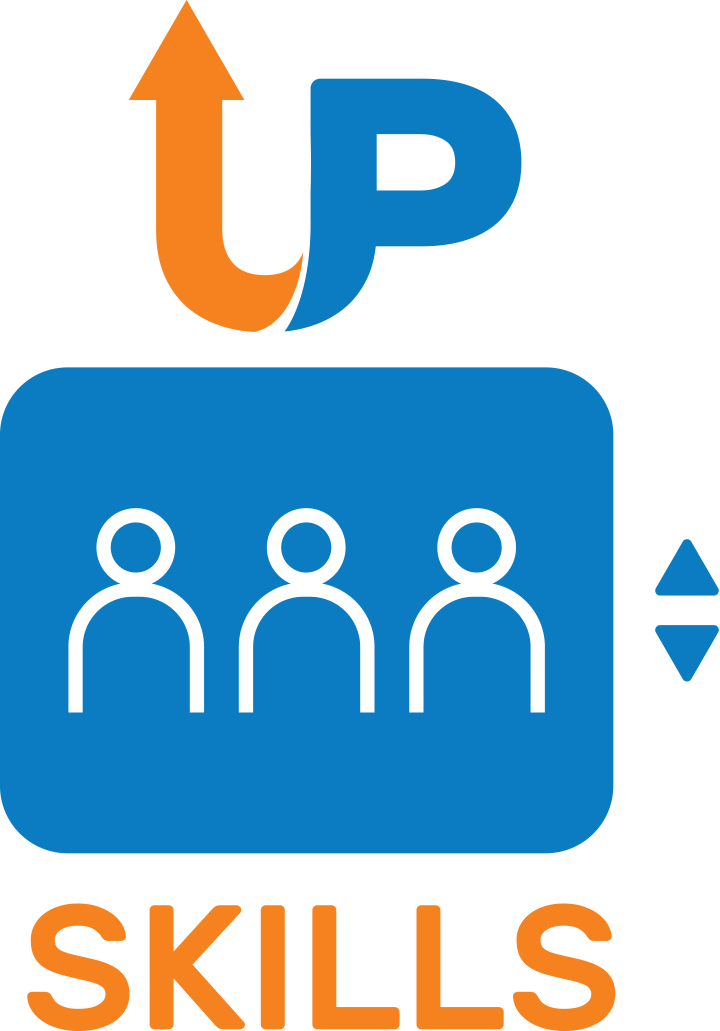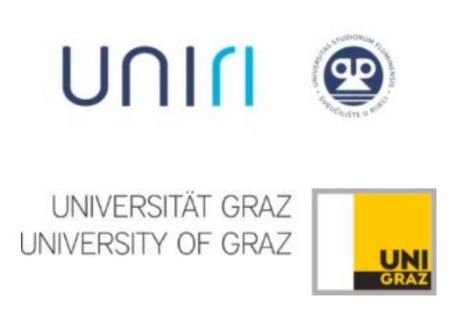The UPSKILLS Learning Content
Collecting language data from human participants
🕑 6 ECTS (+ two student projects amounting to 3 extra ECTS each)
Description and scope
This learning block is focused on collecting language data from human participants and is structured into four modules, complemented by two student projects. The first module focuses on methods for collecting language data from human participants, as well as ethical considerations and population sampling in linguistic research. In the second module, students learn to design judgement and elicited production tasks targeting word-level phenomena. The third module covers designing experimental tasks to test comprehension and production in the second language and to elicit acceptability judgments about the second language. The fourth module deals with planning and conducting ethnographic fieldwork in sociolinguistics, as well as with data collection through the sociolinguistic interview, and through surveys and questionnaires in sociolinguistics.
The modules consist of thematic units. The thematic units are listed in the block outline below. Each thematic unit (apart from Introduction to collecting language data from human participants, which is shorter) includes a PPT presentation (accompanied by detailed notes for teachers and a handout for students or by an audio-visual recording), at least one reading assignment, at least one research assignment, a reading list, and a summative quiz. Most units also include a warm-up activity and some contain a lesson plan.
The target users of the learning block are university teachers who (wish to) teach about data collection in the domain of linguistics, in particular in morphophonology/morphosyntax, second language acquisition and sociolinguistics. The modules and thematic units are designed to be flexible and adaptable for teachers to integrate into their teaching. They can be used as a complete programme or as individual components depending on teachers’ aims and needs. The assumption behind the block is that teachers will encourage active learning in their students to foster their deeper understanding of the content. In other words, we assume that teachers will stimulate students in the process of teaching and ensure that they learn actively, cooperatively and critically.
The materials have been designed to be accessible to learners with basic familiarity with the targeted domains (word-level phenomena, second language acquisition, sociolinguistics). Familiarity with research methods (as covered in detail in the learning block First steps into scientific research) is beneficial. The learning block does not assume prior knowledge of any linguistic theory, and references to specific theories are limited to what is necessary for presenting the content.
Block outline
A. General (1 ECTS)
- Introduction to linguistic research with human participants
- Ethics in linguistic research with human participants
- Population sampling in linguistic research projects
B. Word-level phenomena (1.5 ECTS)
- Word-level phenomena: Judgement tasks
- Word-level phenomena: Production tasks
C. Second language acquisition (1.75 ECTS)
- Comprehension tasks in second language acquisition
- Production tasks in second language acquisition
- Acceptability judgement tasks in second language acquisition
D. Sociolinguistics (1.75 ECTS)
- Ethnographic fieldwork in sociolinguistics
- The sociolinguistic interview
- Surveys and questionnaires in sociolinguistic research
E. Student projects
- Student project 1 -“Irregular” phonological alternations (3 ECTS)
- Student project 2 – Second language acquisition of English morphosyntax (3 ECTS)
Learning outcomes
Overall, the materials and activities present in this block will allow students to:
- explain what data sources are used in linguistic research;
- choose a suitable method to collect language data from human participants;
- apply ethical principles and practices to collect language data from human participants;
- sample participants in linguistic research projects;
- design a judgement task targeting a word-level phenomenon;
- design an elicited production task targeting a word-level phenomenon;
- design an experimental task to test comprehension in the second language;
- design an experimental task to elicit production in the second language;
- design an experimental task to elicit acceptability judgements about the second language;
- plan and conduct ethnographic fieldwork for a small-scale sociolinguistic study;
- plan and conduct data collection through sociolinguistic interviews;
- plan and conduct data collection through surveys and questionnaires in sociolinguistics.
Target audience
As already mentioned above, the primary target audience are university lecturers who (want to) teach about the collection of data from human participants in the domain of linguistics, in particular in morphophonology / morphosyntax, second language acquisition and sociolinguistics. Students can also use the materials autonomously, but should be aware that this is not a self-study course.
This UPSKILLS learning content block is licensed under a Creative Commons Attribution 4.0 International License.
Block designers
Tihana Kraš
Martina Podboj
Marko Simonović



